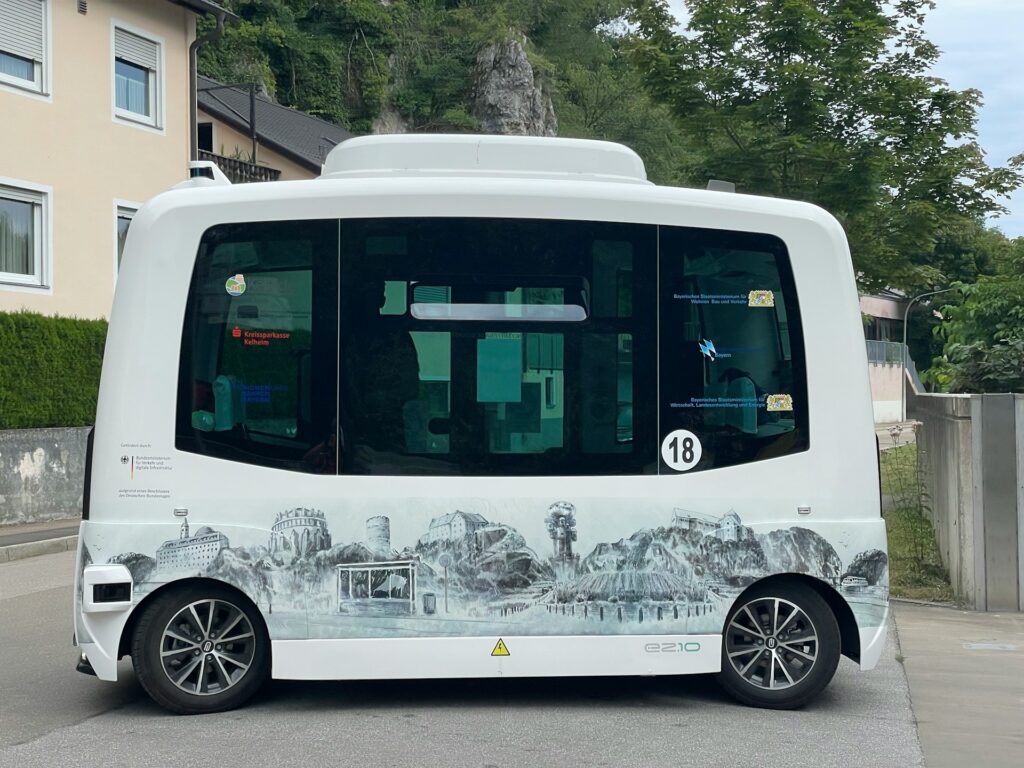
The rapid development of smart cities and autonomous vehicles is transforming the way urban areas are planned and managed. Steve Mehr, co-founder of Sweet James Accident Attorneys, highlights that as self-driving cars become more integrated into these intelligent urban environments, new legal challenges emerge. From zoning laws to liability issues, the rise of autonomous vehicles is pushing urban planners and legal experts to rethink how cities are structured and how laws are enforced.
Reshaping Urban Infrastructure
Self-driving cars are poised to change how cities function. Smart cities, which rely on interconnected networks of sensors and data collection, are designed to optimize traffic flow, reduce energy consumption, and improve overall quality of life. Autonomous vehicles fit seamlessly into this vision, communicating with traffic signals, road infrastructure, and even other vehicles to create a more efficient and safer transportation system.
However, integrating these vehicles into existing urban landscapes is no small task. Cities will need to reconfigure roads, parking structures, and public spaces to accommodate the shift. For example, traditional parking lots may become obsolete as self-driving cars drop off passengers and continue to other destinations or designated parking areas. This shift requires urban planners to consider how space can be better utilized, and legal frameworks must adapt to support these changes.
Legal Challenges of Autonomous Vehicles in Smart Cities
The introduction of self-driving cars in smart cities raises several legal challenges. One key issue is liability. In accidents involving autonomous vehicles, determining who is responsible—whether it’s the manufacturer, the software developer, or the vehicle owner—becomes complicated. Traditional fault-based legal systems struggle to assign responsibility when human error is removed from the equation.
Steve Mehr of Sweet James Accident Attorneys believes that “Self-driving cars are often viewed as the next major advance in transportation because of their potential to improve safety and convenience. But what’s frequently overlooked are the legal challenges when these cars are involved in accidents.” These challenges, ranging from determining faults to privacy and data security concerns, are becoming a central focus as cities integrate these technologies.
Zoning and Land Use Regulations
The introduction of autonomous vehicles also impacts zoning and land use laws. As self-driving cars reduce the need for large parking lots and garages, cities may see a shift in how land is used. Urban planners will need to reassess zoning laws to make room for more green spaces, residential areas, or commercial developments in spaces previously occupied by parking infrastructure.
In addition, road design will need to change to accommodate autonomous vehicles. Streets may need to be reconfigured to prioritize self-driving cars, with dedicated lanes or smart infrastructure that communicates with these vehicles.
Liability and Insurance
Another major legal challenge is how to handle liability and insurance for autonomous vehicles. If a self-driving car is involved in an accident, assigning blame is much more complex than in traditional vehicle collisions. Manufacturers, software developers, and vehicle owners all have potential roles in the operation of these cars, and determining which party is liable requires new legal approaches.
The insurance industry will also need to evolve to accommodate self-driving vehicles. Traditional car insurance models, which assume human error, may no longer apply. New insurance frameworks will need to emerge to address the unique risks and liabilities associated with autonomous vehicles.
The Future of Urban Planning and Legal Frameworks
As smart cities and self-driving cars continue to develop, the legal landscape must evolve to address the unique challenges posed by these technologies. Urban planners, lawmakers, and legal professionals will need to work together to create flexible, forward-thinking frameworks that enable cities to embrace these innovations. The rise of autonomous vehicles presents an opportunity for cities to become more efficient, sustainable, and connected. However, without clear legal guidelines and thoughtful urban planning, the transition could bring about unintended consequences. Addressing the legal implications of these technologies now will help ensure that smart cities can thrive in a future where self-driving cars play a central role in fostering public trust and safety.



